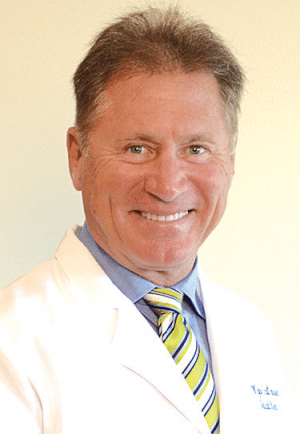
More Special Articles
Nutrition and Heart Disease Cause or Cure?
Cardiovascular disease, which includes heart attack and stroke, is the leading killer of both men and women. Recent studies confirm that over 150 million Americans are at risk for heart disease, which means as you look at your friends or family every other one is at risk for heart disease. It is no coincidence that 150 million Americans are also overweight and the number is growing daily. The combination of sedentary lifestyle and overeating of high fat and carbohydrates is critical in the decaying health of our society. The trip to the doctor will help identify your risk, but it may be too late. Elevated cholesterol or high blood pressure, both quiet culprits leading to heart disease, may go undetected for many years.
A simple measurement you can make throughout your life can be critical in lowering your risk for heart disease. Your height and weight plugged on a chart provide your body mass index (BMI), which helps predict if your weight puts you at increased risk of developing heart disease.
A BMI less than 25 assures that your weight is not going to play a factor in you risk for heart disease. A BMI of 25 and over indicates that your weight does put you at risk and as that number raises so does your chances of heart disease.
Of course smoking, cholesterol level, inactivity, high fat diet and family history are also important determinates of your risk.
The good news is you can minimize all contributors, except your genes, and lower or potentially eliminate in many case your risk of developing heart disease.
Eliminating smoking, reducing your weight to a BMI of 24, adding a progressive exercise program and lowering your cholesterol and blood pressure to a safe level are all attainable goals.
What do I do first?
See your medical doctor to have your cholesterol and blood pressure measured. If these are high he will likely suggest improving your diet, exercise and may place you on medication to help lower your cholesterol and blood pressure.
What do I do second?
Take control of your life! If your blood pressure and cholesterol are high, then start immediately on improving your nutritional intake. Lowering your daily total calories, decreasing your fat ingestion and eating more complex carbohydrates and less sugars will, when combined over time with a progressive exercise program, naturally allow your body to regain its health.
Other Articles You May Find of Interest...
- What To Expect From a Holistic Veterinary Hospital Visit
- Making Your New Year’s Resolution Stick
- Save the Earth, Stop Urinary Incontinence
- Common Questions When Downsizing Your Home
- Overcoming Your Addiction
- ED Medications Don’t Work? Get a Penile Duplex Ultrasound
- Are You an IT Guy? You May Be Suffering From "IT Prostatitis"

















